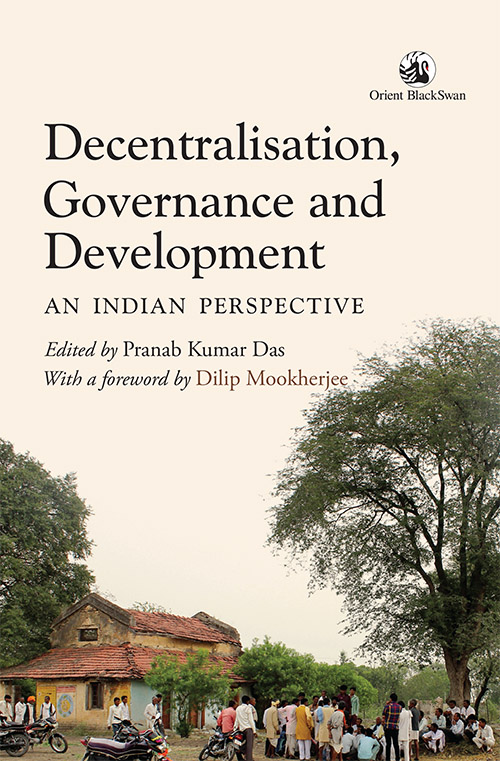Search Results for: paisa study
Work With Us
Accountability Initiative offers excellent opportunities in policy research, data analysis, field survey management, learning and development, strategic communications and operations. We also offer a number of paid internship opportunities every year. Among our focus areas are: Conducting large scale public expenditure tracking surveys on plans, budgets and fund flows; Analysing macro level budget trends in … Continue reading "Work With Us"
Changes in Open Defecation in Rural North India: 2014 – 2018
Here, we report results from a late 2018 survey that revisited households from the 2014 survey in four states: Bihar, Madhya Pradesh, Rajasthan, and Uttar Pradesh. Although rural latrine ownership increased considerably over this period, open defecation remains very common in these four states. Outcomes suggest the need for transparent, fact-based public dialogue about the … Continue reading "Changes in Open Defecation in Rural North India: 2014 – 2018"
India: Using Open School Data to Improve Transparency and Accountability
The main assumptions underlying the research are as follows: First, open data initiatives are powerful tools to improve transparency, hold schools accountable, and reduce corruption risks in education. Second, government-led initiatives are less likely than citizen-led initiatives to respond to users’ needs, engage them, and generate real impact, since they are often more supply- than … Continue reading "India: Using Open School Data to Improve Transparency and Accountability"
Unpacking the Processes of Open Defecation Free Status in Udaipur
This report is the culmination of a study conducted by the Accountability Initiative (AI) on Swachh Bharat Mission-Gramin in 2017 on the request of the Udaipur district administration. The study understands the outcomes, and the processes, which led to Open Defecation Free status in selected Gram Panchayats.
Decentralisation, Governance and Development: An Indian Perspective
About the Book India believed it could take development closer to its people, make the government more accountable, and empower women and oppressed communities through decentralisation—the provision of political and financial autonomy at the local level through the three-tier Panchayati Raj structure. Fifteen years after the 73rd and 74th Amendments that brought in this innovation, … Continue reading "Decentralisation, Governance and Development: An Indian Perspective"






